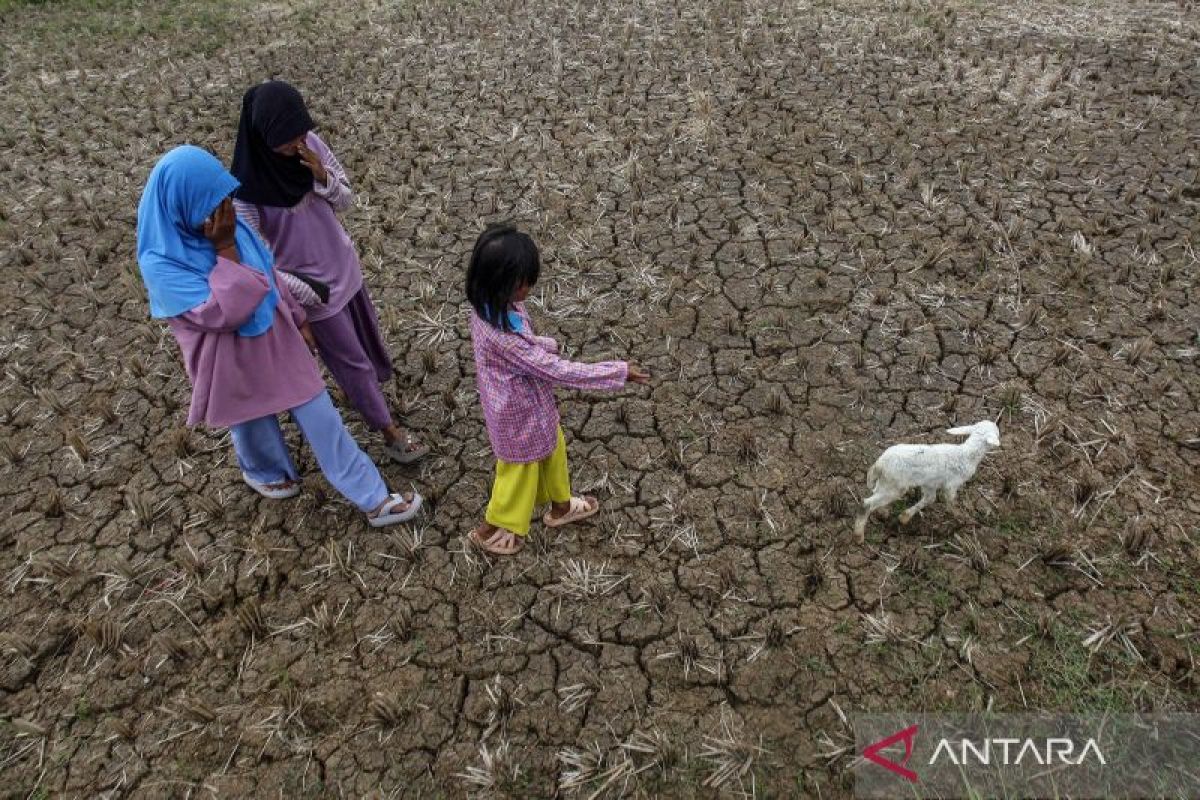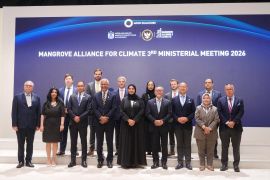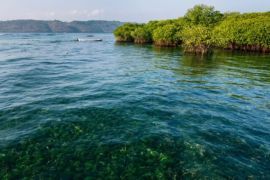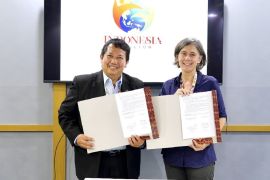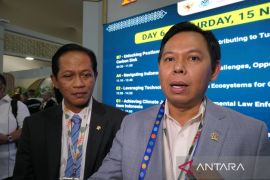"Long, repeated droughts could affect vulnerable groups, such as children," said Woro Srihastuti Sulistyaningrum, the ministry's Deputy for Children, Women, and Youth Quality Improvement, on Thursday.
While opening a seminar on climate change and children's welfare and launching the "Climate Generation Action Campaign" agenda in Jakarta, she pointed out that climate change-induced natural disasters have real effects on children, such as causing acute respiratory infections.
"Drought-induced food insecurity also caused poverty that, in turn, increased the number of child marriages and stunting cases," Sulistyaningrum remarked.
She added that the effects of climate change on children had been proven by 2023 research on climate adaptation and mitigation conducted by the Save the Children organization in the Lesser Sunda region, which focused on East Sumba, West Lombok, and Kupang districts.
Quoting Minister Effendy's remarks, she said that regular droughts due to climate change compelled parents to involve their children in seeking water sources afar, causing them to miss school and further pressuring families.
She stated that climate change disproportionately affects children who are forced to bear a heavy burden due to living in a threatening situation.
"The condition is more dangerous for children who are physically, socially, and economically vulnerable," she said, adding that the climate crisis is also a crisis for children's rights.
Sulistyaningrum urged the authorities to carry out measures to ensure children can adapt to climate change and that their childhood will not be sacrificed due to the crisis.
Authorities should also devise breakthroughs to help children live a decent life, she added.
She emphasized the need for follow-up actions such as advocacy, dissemination, awareness campaigns, and public support to ensure children's rights are protected amid climate change after the national seminar concludes.
According to UNICEF's Children's Climate Change Index in 2021, Indonesia is placed 46th out of 195 countries with the highest climate and environmental risk. The country scored 8.1, or extremely high, on the "climate and environmental shocks" indicator of the index.
Related news: Indonesia joins global initiative on protection of children online
Related news: Climate change can affect children's basic rights: Observer
Translator: Prisca Triferna V, Nabil Ihsan
Editor: Anton Santoso
Copyright © ANTARA 2024
